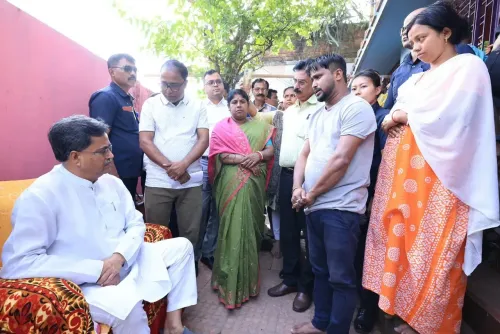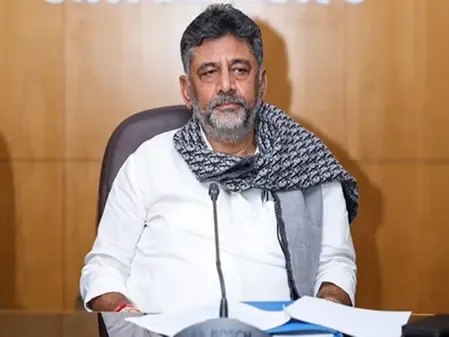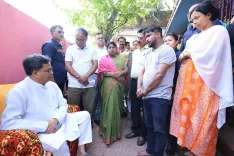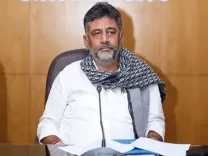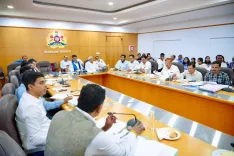'Is it time for a decisive response?': Owaisi criticizes Pakistan, ISI regarding Pahalgam terror incident
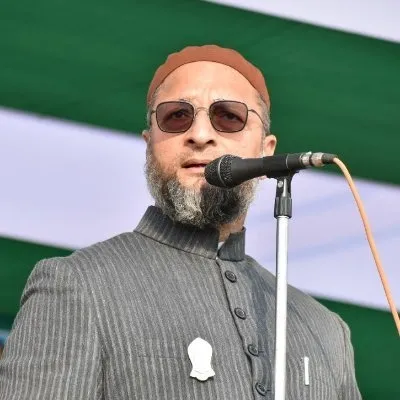
Synopsis
Key Takeaways
- Owaisi condemned the Pahalgam terror attack.
- He emphasized the need for a strong response.
- Support for the Indian government was voiced.
- Criticism of Pakistan's internal issues was highlighted.
- Owaisi addressed remarks from Bangladesh.
Patna, May 3 (NationPress) AIMIM leader and Hyderabad MP Asaduddin Owaisi delivered a fierce critique of Pakistan and its intelligence agency, the ISI, following the April 22 terror attack in Pahalgam, Jammu and Kashmir, where 26 tourists were tragically killed after being questioned about their faith.
Speaking at a rally in Bahadurganj, Kishanganj district, Bihar, Owaisi condemned the incident vehemently and expressed unwavering support for the Central government in its efforts to confront terrorism, emphasizing that 'the time has come for a decisive response.'
“The murder of 26 innocent tourists in Pahalgam based on their religion is deeply regrettable and utterly condemnable,” stated Owaisi.
“We have witnessed terror organizations from Pakistan committing such atrocious acts in the past. On this issue, I stand in solidarity with Prime Minister Narendra Modi. Whatever actions he chooses to pursue, we are behind him. Justice for the victims is paramount,” he asserted.
He addressed the ISI chief directly, denouncing Pakistan's attempts to justify the tragedy.
“To the ISI chief spouting nonsense—let me remind you, we chose to remain in India during 1947. We rejected Muhammad Ali Jinnah's vision. India has been, is, and will always be our motherland,” he proclaimed.
Owaisi further criticized the internal strife and failures plaguing Pakistan.
“In Pakistan, the populace remains fragmented—Muhajir, Pathan, Baloch—and poverty runs rampant, causing unrest among your own people. You are embroiled in conflicts with Iran and Afghanistan. Pakistan is a failing state, which is why it attempts to instigate turmoil in India. The time has come for a powerful response to dismantle these terrorist organizations,” Owaisi declared.
Owaisi also addressed critical remarks from Bangladesh, stating: “Those from Bangladesh making unfounded accusations against India should remember—without India, Bangladesh would not exist as an independent nation today.”
He commended the Central government for its assertive diplomatic and economic actions: “I commend the Indian government for halting all trade and the air and water routes utilized by Pakistan. Whatever missiles Pakistan may test—India is far stronger and more capable.”

